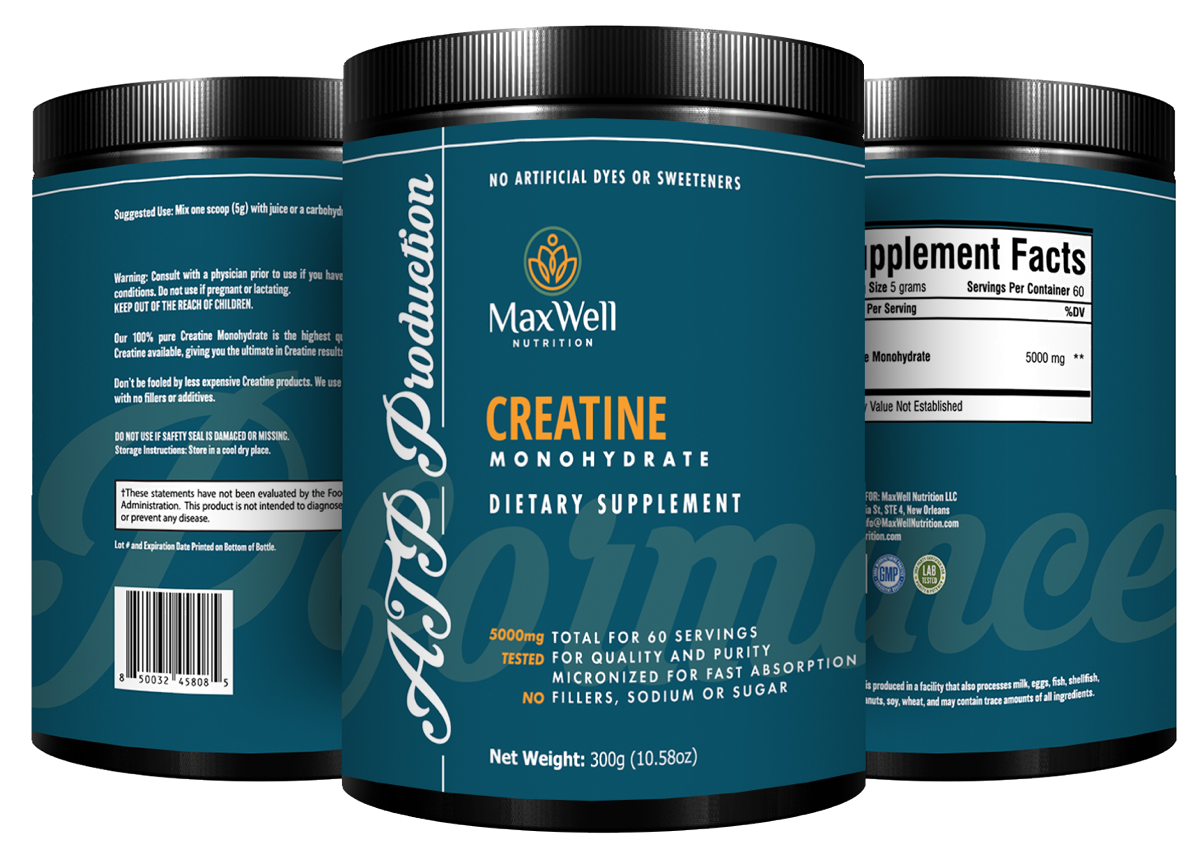According to research—Beneficial Effects of Leucine Supplementation on Criteria for Sarcopenia: A Systematic Review—which appears in the October 2019 of the online journal Nutrients—”sarcopenia is defined as a progressive loss of muscle mass, strength, and function. From a physiological point view, sarcopenia starts in the fifth decade of life and at a population level, proceeds at a rate of ? 0.8% annually.”
In fact, notes the research, “the decrease in skeletal muscle strength induced by sarcopenia, known as dynapenia, is even more precipitous, occurring at an annual rate of ? 2–3%, and it is estimated that more than 20% of adults aged over 65 years, and over 50% of those aged at least 80 years are sarcopenic.”
Certain disease conditions, like liver cirrhosis, can precipitate sarcopenia at an earlier age—with sarcopenic individuals exposed to greater risk to falls, frailty, disability and type 2 diabetes.
Researchers from the University of Valencia in Spain, writing the Nutrients paper, reference that, “within the framework of the Third National Health and Nutrition Examination Survey, (research has) demonstrated that muscle mass is a predictor of longevity, when taking into account the all-cause mortality in North American adults (aged over 55 or 65 years for men and women, respectively).”
They state that, “one of the main ways in which sarcopenia contributes to the disease is that it alters muscular turnover and metabolism. Moreover, older adults exhibit a decreased anabolic response to protein feeding, which is a mechanism underpinning the loss of muscle mass in sarcopenic individuals.”
The Spanish researchers performed a systematic review of the literature as it pertained to the effects of oral leucine, an anabolic, branch chain amino acid, alone or in combination with other supplements relative the effect on muscle mass, strength, functional activity in older adults—with emphasis on optimal delivery method, dose, and duration of treatment—among other variables.
What they determined was that over time, the best approach to sarcopenia treatment included physical exercise, specifically resistance training, and nutritional supplementation.” Supplementation of the branched-chain amino acid, leucine, or leucine-enriched protein (whey/casein protein) is one of the most common interventions for treating sarcopenia in older individuals.”
The researchers also commented that the majority of interventions found that Vitamin D, in conjunction with the nutritional intervention, improvement in muscle mass.
From a dosage perspective, “leucine nutritional interventions were administered alone, in an EAA (essential amino acid) mixture, or in leucine-enriched whey/casein protein at a dose of 1.2–6 g/day, and in nine studies leucine was co-supplemented with 85–800 IU of vitamin D per day.”
From a personal perspective and experience, the leucine metabolite, HMB (B-hydroxy-B-methylbutyric acid), as reported in a 2017 Nutrients paper, said, “results indicate that supplying HMB promotes advantageous changes in body composition and stimulates an increase in aerobic and anaerobic capacity in combat sport athletes.”
“The consumed HMB dose was equivalent to the most commonly recommended uptake of 3g of HMB a day,” as noted in the 2017 research.











